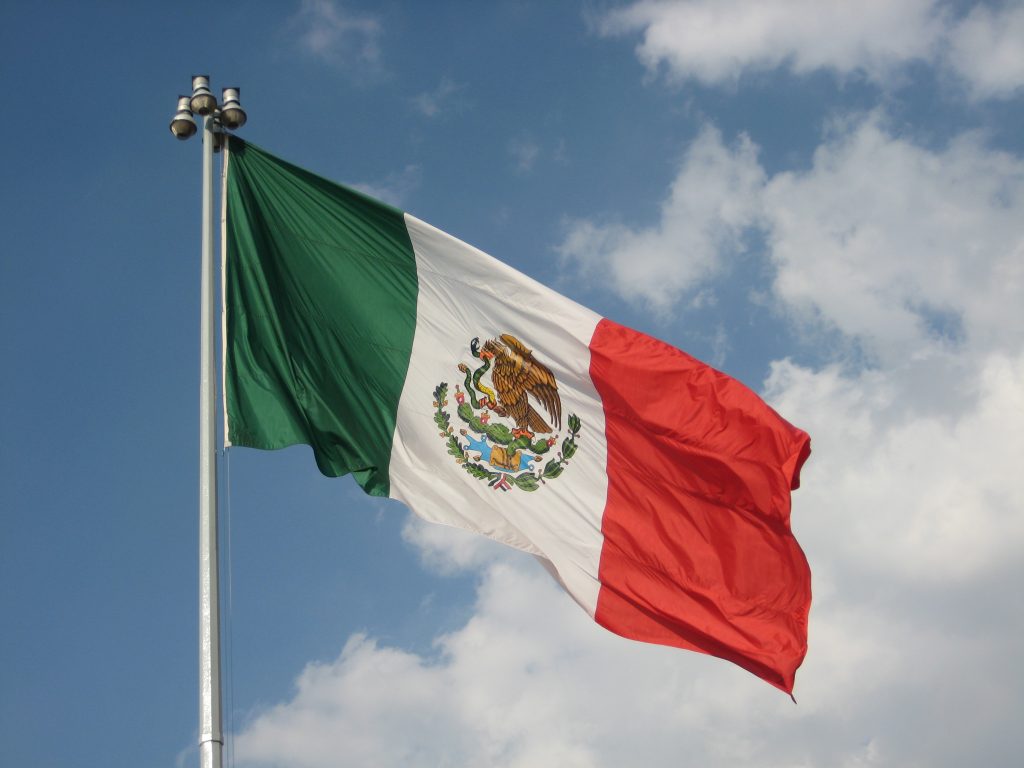According to World Bank data, Latin America has been the region most affected by the epidemic, incurring tremendous negative effects on the economy. This crisis is expected to have long-term consequences on the region’s economies. In this regard, Mexico is one of the countries that has trailed the most owing to the lack of fiscal responsibility. As a result, Mexico’s economic recovery is anticipated to be slower and more fragmented.
Brick-and-mortar companies, as well as those based on models that rely heavily on physical infrastructure, were severely impacted in this scenario. Buildings, machinery, and equipment are tangible assets that wear out, run out, and finally become outdated. Tangible assets typically require particular upkeep or upgrading. That procedure is extremely complex in these times of shortage, uncertainty, and lack of control.
Knowledge is a valuable asset
There is no other alternative than to adapt and make significant attempts to stay ahead in the face of this innovative and continuously changing scenario, but this must be done in an intelligent way. According to common belief, a crisis is associated with opportunity, but this is only true for those who know where to look for it. And, if “old” tangible assets aren’t the greatest way to revive the economy, what is? Knowledge is one choice.
Knowledge is an intangible asset that does not depreciate; it may be considered both a resource and an infinite asset for businesses. Knowledge and innovation are already well recognized as economic engines, and their importance is amplified during times of crisis. In modern times, knowledge is the most valuable asset for a Mexican organization seeking to maintain or improve its competitiveness. This is especially true for small Mexican businesses, which have suffered the most from the pandemic’s blows since their physical infrastructure was not strong enough to withstand such a harsh climate.
In times of crisis, it is critical to encourage the creation of innovative knowledge, the development of new goods or services, and the improvement of procedures. If a corporation relies on knowledge and innovation generation, it will always bet on differentiation. And if a firm can distinguish itself with an intriguing and relevant value offer, it will stand out from the crowd.
However, it is crucial to note that, while knowledge has the potential to aid economic recovery, its implementation is fraught with difficulties. Unlike tangible assets, knowledge is an intangible asset that cannot be controlled by physical methods or obstacles.
How can intellectual property be utilized as a tool in business?
Thus, information is a critical asset for competitiveness and economic reactivation, particularly in times of crisis and for small and medium-sized businesses, but how can knowledge be controlled? The solution is found in intellectual property. While intellectual property is a legal notion, it is mostly used for economic purposes. Patents trademarks, and industrial secrets, among other legal devices, are examples of intellectual property. These provide control over several parts of the human mind’s creations. Innovators may use intellectual property to safeguard their competitive advantage and even increase the value of their knowledge assets.
You can find the list of Mexico IP Firms here
